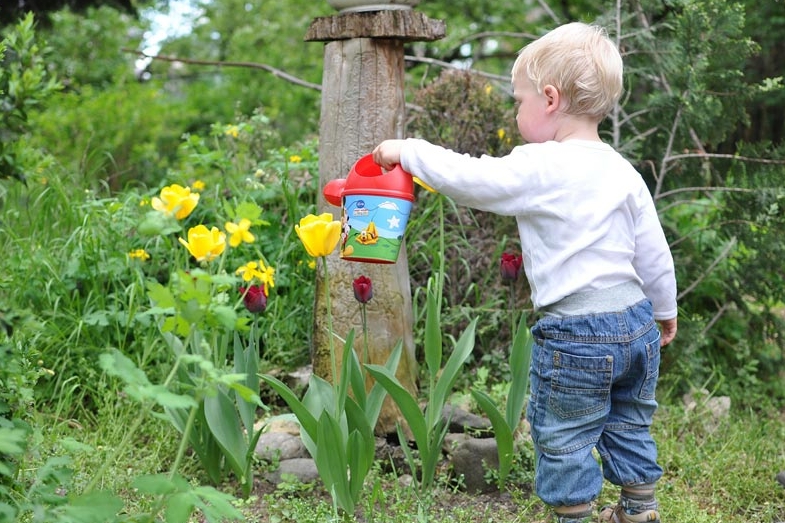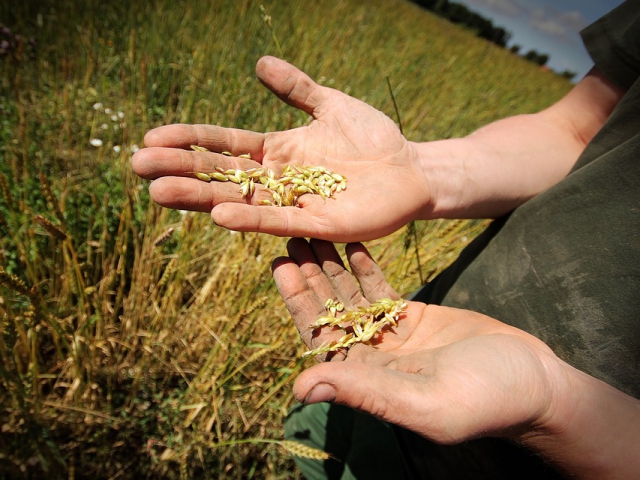
There are a number of ways you can live a greener life. With a growing population, changes to the environment already taking place, and pressure from various sources, now is the time to take action, and do your part to reduce your carbon footprint. Heating is a key area in which we can do our bit for the environment. Around 20% of the UK’s carbon footprint comes from domestic heating, mainly as a result of burning fossil fuels.
In this article we list a number of ways you can lead a greener life, and take a more sustainable, environmentally friendly approach to heating your home. We also look at the role wood plays in sustainable heating.
Considering the options available for off-grid heating. Going off grid is certainly a great way to significantly reduce your carbon footprint. However, this is not convenient for many people. It could be more of an option if you live in a rural, isolated area, where getting connected to the grid could be an issue. If you would consider an “off-grid life” here are a few options open to you:
Heater Pumps – These pumps take energy from the ground and also the air, and they transform the energy into a form, which can be used to heat a home. You do need an electricity source – so it’s not totally an independently green energy source, but not far off. With heater pumps you do need a large amount of land available to placer the pipework underground.
Solar Heating – In the UK, solar heating can help towards 50% of hot water needs in a home. This would be higher in hotter countries. However, regardless of the country you are in, solar heating can provide a significant contribution to your energy needs, and is a superbly environmentally friendly, sustainable energy source.
Biomass Boilers – A biomass boiler is operated by burning logs, pellets and wood. There are three types of wood fueled heating systems that are available to you, as part of biomass boilers
- A stand-alone stove that produces heat for selected rooms
- A stove with a back-boiler that heats a room directly and provides hot water. This set up may also fuel radiators in other parts of the house too.
- A boiler that produces hot water and heat for all the home.
Biomass boilers do require a little more effort to operate when compared to other sources like solar. However, for a committed family they can provide a good, even enjoyable way to heat a home.
Burning Wood – Wood is a very sustainable, environmentally friendly energy source. However, many people still consider wood to be a secondary energy source. An energy source, which is more suited to fueling the stove in your living room, but not really as a primary source of energy. As we have mentioned wood is the key energy source for biomass boilers. Wood is also, more obviously, the main fuel for multi-fuel and of course, wood burning stoves which can be used to heat homes and provide hot water.
Despite the credentials of wood as an environmentally friendly energy source, knowing what wood to burn is essential, if you are to really enjoy a greener, more efficient energy source. Below is a list of good wood you should consider burning:
Ash – Ash is an excellent wood for burning. Unlike a lot of other wood, it can be burned when green due to its naturally low moisture content. However, like with all other wood, it burns best when its correctly seasoned, with a moisture content around 20%
Rowan – Also know as Mountain Ash. It has a very good heat output and burns slowly.
Thorn – Ideal if you want little smoke. Also gives a good heat output and longer burn rate.
Oak – It burns slowly and produces a superb heat output. Ensure it has been seasoned for at least 2 years before burning.
Pine – Although this does produce a good level of heat, it can leave deposits in a flue, which could increase the chances of a chimney fire.
Cherry – An easy wood to split makes it an attractive option for those that prepare their own fire wood. Cheery can crackle a little when being burned.
Final Thought:
Taking a few positive steps towards a greener, more environmentally friendly future will contribute to a better world for all. There are a range of different options available to suite a wide range of budgets, preferences and circumstances. To what degree you decide on your commitment to green, sustainable living is your personal choice. But as the well-known cliché says – every little counts!





Leave a Comment